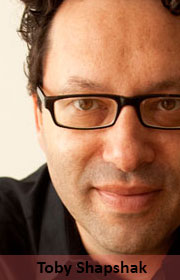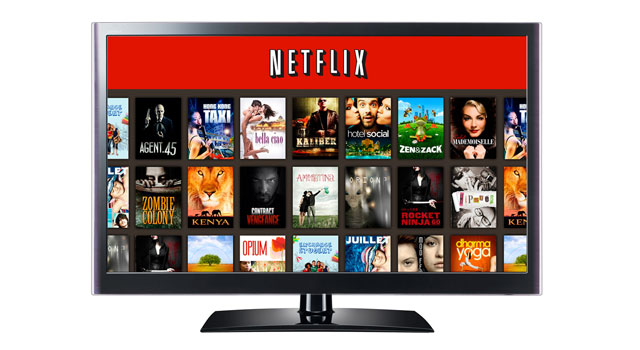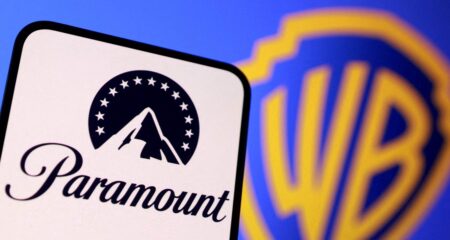 In May 2011, a remarkable thing happened on the Internet in America. It was the month that Netflix, the streaming video service, overtook pirated content as the largest portion of Internet traffic. Until this moment, digital content was being shared mainly via BitTorrent, but it was all pirated from its original sources.
In May 2011, a remarkable thing happened on the Internet in America. It was the month that Netflix, the streaming video service, overtook pirated content as the largest portion of Internet traffic. Until this moment, digital content was being shared mainly via BitTorrent, but it was all pirated from its original sources.
Netflix offers an all-you-can-watch package for just US$10/month that streams video over an Internet connection to any US home. Not only is it cheap, but it’s legal; and by overtaking BitTorrent a precedent was set. Now, there are rumours Netflix might be coming to South Africa and that the proposed partner is Telkom.
A Telkom representative confirmed that the company has spoken to “a number of people internationally” but wouldn’t say who. The two major players are Netflix and Hulu, the latter being a collective service owned by several US television networks.
Should Netflix arrive in South Africa — and there are strong rumours that the company already has servers in a data centre here — it will be as much of a game changer as it was internationally.
The biggest threat is likely to be to MultiChoice, whose DStv has an unassailable monopoly with paid-for television and has already seen off a variety of challengers.

Netflix may have started the video streaming trend, but others have jumped on the bandwagon, most notably Amazon and Apple. Amazon’s cut-price Kindle Fire tablets are designed to work with its $79/year Prime offering, which originally provided next-day postal delivery, but now also gives access to a vast digital library of TV shows and movies.
The Netflix rumours are worth watching, especially if you have an interest in how MultiChoice will respond to what will be the first real competition to its pay-TV monopoly.
Dumb decisions
Two really dumb decisions came to light in the South African technology space this week.
The first was government’s decision to back Microsoft Office and the antiquated Delphi programming language (over the more current Java) exclusively for the school curriculum. It’s a short-sighted and seemingly irrational decision.
Sure, Microsoft is the de facto standard and no one ever got fired for buying it, as the joke goes, but really? Who got to whom, and who got what deal, are the questions that need asking.
The other dumb decision was the Advertising Standards Authority siding with stupidity by ruling against the term “iPad with WiFi + cellular” because someone thought “cellular” meant they could make phone calls. Really?
The mind boggles. Clearly the person who bought the iPad must be the only one alive who doesn’t know an iPad is not a cellphone. The complaint to the advertising authority smacks of vindictiveness, because their provider, MTN, refused, quite legitimately, to return their money.
- Toby Shapshak is publishing editor of Stuff magazine. Follow him on Twitter
- This column was first published in the Financial Mail




